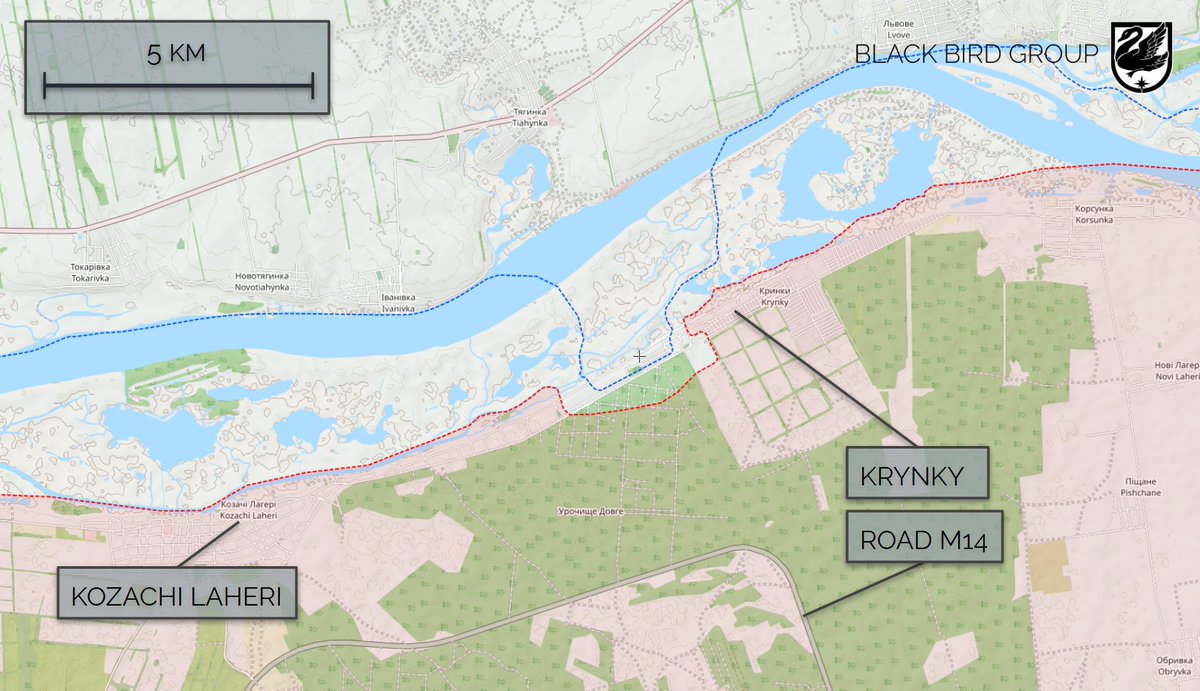Dark months ahead for Ukraine.
The third year of the Russian full-scale invasion begins, and Ukraine is facing multiple difficulties. There's no room for optimism, as many problems can’t be solved in the coming months.
In this thread: Issues, threats and the future. 1/
The third year of the Russian full-scale invasion begins, and Ukraine is facing multiple difficulties. There's no room for optimism, as many problems can’t be solved in the coming months.
In this thread: Issues, threats and the future. 1/

While Ukraine was on the offensive in 2023, Russia silently amassed significant forces. Since mid-October, Russians have been attacking on multiple fronts. At the same time, Ukraine faces both external and internal challenges. Let’s start with the Ukrainian problems. 2/
Ukraine experienced unfortunate losses in 2023. The summer offensive was costly, but it didn’t reach any strategic goals. After the summer, the losses were increasingly difficult to fully replace. The military leadership likely saw the incoming problems. 3/ 

Towards the end of 2023, public disputes regarding new mobilization laws surfaced. The military leadership and President Zelenskyi disagreed on how many men should be mobilized. There was a lack of urgency in decision-making, even though the manpower issue had to be solved. 4/ 

Ukraine is currently preparing new mobilization laws, but their enactment will take until late spring. Recruits will likely have a month or two to settle their affairs before their military service, and the training of the new soldiers will take at least two months. 5/
However, two months of military training is not much. Minimal training will result in inadequately prepared troops and unnecessary losses. Fresh troops will likely start arriving at the front around late summer, which means Russia has a window of opportunity in the spring. 6/
Ukraine's ability to influence external aid is limited, and many variables impact the long-term support, especially the upcoming US elections. The EU is boosting its production capacity and utilizing available stocks, but it's yet insufficient to meet all of Ukraine's needs. 7/ 

The manpower issues in Ukraine are self-inflicted. While the need for reinforcements has been apparent, political and military priorities haven't aligned. Concerns over the massive costs of the mobilization are valid, but answering core problem is unavoidable. 8/
Russia understands the challenges Ukraine faces and is already actively exploiting them. While initial results of the ongoing winter offensive were modest, an increasing number of villages and towns fell to the aggressor from late January onwards, most notably Avdiivka. 9/ 

Russia is attacking on multiple fronts simultaneously, searching for weaknesses. This approach comes at a cost, but Russia is prepared to tolerate significant losses. There may not be as favorable conditions for success again after the Ukrainian mobilization. 10/
Russians also know that even if a certain sector of their front is weakened because of high losses, Ukraine can’t exploit the situation with an unexpected, larger counterattack, as they lack the resources to do that in the coming months. 11/
Despite ongoing attacks since October, Russia hasn't achieved deep breakthroughs. While some local defences have bent or fallen, there's been no widescale Ukrainian collapse. Russians likely presume that the attrition warfare will eventually bring more results. 12/
It should also be noted that there are large forces that Russia has not committed to the fight yet. It has likely calculated that the offensives can continue for many weeks or months, and if more significant progress is achieved somewhere, they’re prepared to support it. 13/
I’m not predicting a major collapse, but there are some echoes from the 2022 Kharkiv counteroffensive - in reverse. Slow response to critical issues, increased enemy capabilities and challenges with external actors create a risky situation with possible negative outcomes. 14/
This spring is about survival. Ukraine still faces existential threats, and various scenarios remain possible. Pessimism should guide policymakers, and especially all aid plans should align with worst-case scenarios. Crisis awareness should match that of early 2022. 15/
In short: For months, Ukrainian brigades will have to fight undermanned, and they can also accomplish less because of limited resources. Russia knows that it has superiority in men, equipment and firepower, and they're not afraid of losses if there's ground to be gained. 16/
Our team at @Black_BirdGroup will continue to map and analyze the war in Ukraine, both in traditional and social media. @J_JHelin and @Inkvisiit have great threads in preparation, follow them.
Our interactive map can be found here. 17/17
scribblemaps.com/maps/view/The-…
Our interactive map can be found here. 17/17
scribblemaps.com/maps/view/The-…
• • •
Missing some Tweet in this thread? You can try to
force a refresh
















